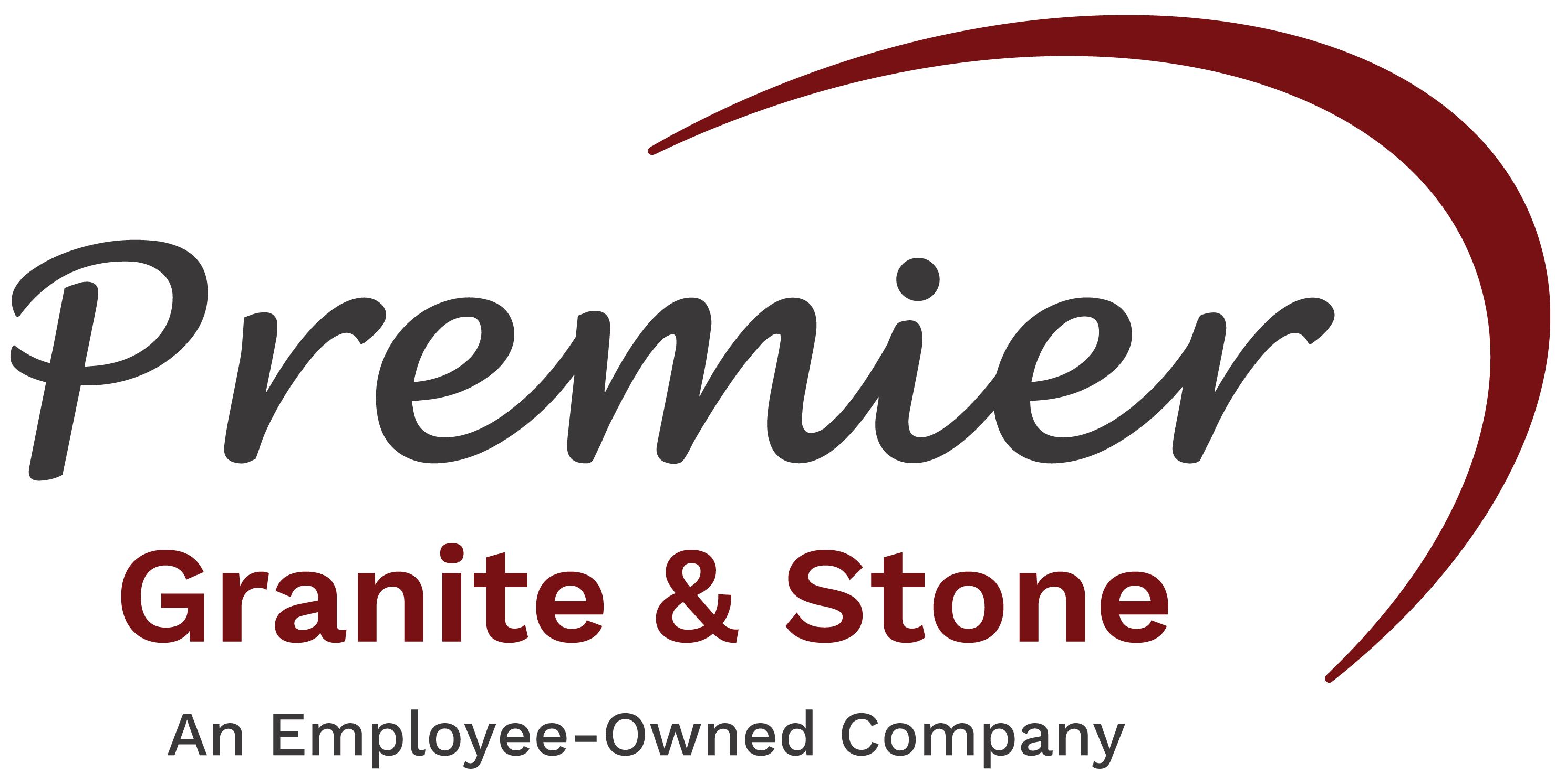What is the difference between quartz & granite?
Material
Quartz
Quartz is an engineered stone made of approx. 93% natural quartz and 7% resin.
Granite
Granite is a natural stone mined in quarries and comprised of a variety of minerals.
Heat
Quartz
Quartz can only take short periods of exposure to heat. We recommend protecting your quartz to prevent burns, especially if a pot/pan has been on the stove for a while.
Granite
Granite is a natural stone and is nearly impervious to heat. Seams/joints, however, are not heat-resistant, and the epoxy can pop when exposed to heat.
Scratches & Repairability
Quartz
Quartz is scratch-resistant but not scratch-proof. Cutlery will generally not harm quartz, but silica or other abrasive materials could scratch the resin. Quartz can be somewhat difficult to repair, depending on the nature of the issue.
Granite
Though scratch-resistant, various minerals within granite can be softer and more prone to scratches. Granite is generally easier to repair and hides repairs well, especially on lighter colors.
Porosity
Quartz
Quartz is 99.9% non-porous due to the resin. This makes quartz stain-resistant, though not stain-proof. Stubborn spots can often be removed with poultices/certain chemicals.
Granite
Granite porosity depends on the density of minerals in it. Darker granites are dense/non-porous whereas lighter granites are often porous. Premier uses a 15-year sealer on all natural stones.
Antibacterial
Quartz
Because quartz is characteristically non-porous, it is also antibacterial and resistant to mold/mildew growth.
Granite
Even among unsealed stones, studies have found no difference in bacteria reduction between natural and engineered stones after cleaning. However, a properly-applied sealer ensures antibacterial protection.
Pattern
Quartz
Quartz is manufactured in a controlled environment, allowing for consistency in pattern and color. Clean whites can be found in quartz. However, quartz can still vary slightly from dye-lot to dye-lot.
Granite
Due to its natural properties, granite can sometimes vary significantly from dye-lot to dye-lot or even slab to slab. The pattern is often uniquely inconsistent, and can have mineral variations, pits, and fissures.
Finishes
Quartz
Quartz is produced with a polished finish that is less glossy than granite. Some quartz can be ordered in a honed or brushed finish. Non-polished finishes require more daily maintenance.
Granite
A high-gloss polished finish is standard with granite. Only certain colors are available in a honed or textured finish. Non-polished finishes require more daily maintenance and are difficult/nearly impossible to repair.
Indoor/Outdoor Use
Quartz
INDOOR USE ONLY – Quartz is not recommended for outdoor use. Direct sunlight and exposure to extreme temperatures and the elements can cause fading, cracking, and other damage.
Granite
Granite is a natural stone from the great outdoors, so go ahead and use it in the great outdoors! It is accustomed to the elements, and most colors can handle both extreme temperatures and sunlight.

